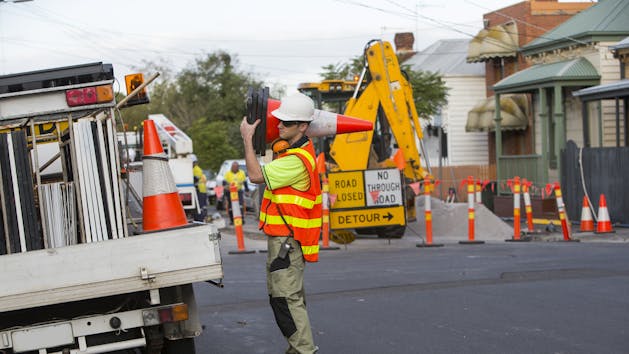Find out how our platform gives you the visibility you need to get more done.
What Do Fleet Managers Do?
Behind salaries and benefits, fleet-related costs are generally one of the largest expenses at any company who relies on a fleet of vehicles and drivers to get the job done…and make money. Purchasing, maintaining and insuring vehicles as well as training drivers can add up quickly when paired with other day-to-day operating costs.
Enter the fleet manager. Those responsible for one of the business’s most important cost centers manage many responsibilities and wear several hats at one time. Dispatching technicians more effectively, calculating more efficient routes and promoting a positive customer interaction are all tasks the fleet manager has a hand in.
With the right reporting, fleet management pros can become real-time data scientists. Evaluating fuel consumption trends and monitoring reckless driving behaviors fall on the fleet manager’s shoulders and can easily be tracked with actionable, near real-time data. Having this intel readily available helps fleet managers to easily see real savings hit the bottom line. This on top of extensive knowledge associated with vehicle maintenance creates a brain trust of material that can be used to make smart fleet-related decisions.
Knowing when a vehicle within the fleet needs repairs or general maintenance is vital to a successful business. A solid knowledge of what the implications are of certain repairs is also a valuable skill that will likely be sharpened over time. While it’s not necessarily mission critical for fleet managers to know exactly how to overhaul hydraulic brakes or fix a leaky oil pan, understanding what those fixes require and help the fleet achieve is absolutely better for the business. Quickly knowing when vehicles are our of commission – and for how long – may require rescheduling of jobs and shifting of technicians on per-job basis.
A good fleet manager is not only tactical when it comes to repairs but also business-minded and tech savvy. Reports on fuel consumption, vehicle activity and driving habits can translate to cost savings that take little to no time to hit the bottom line.




